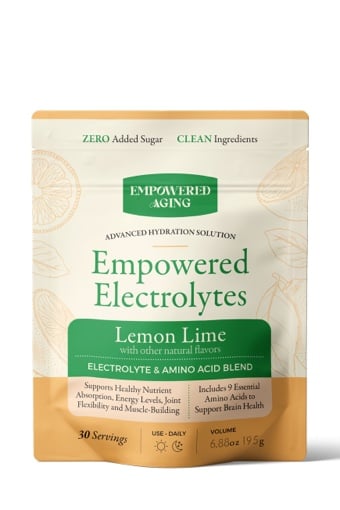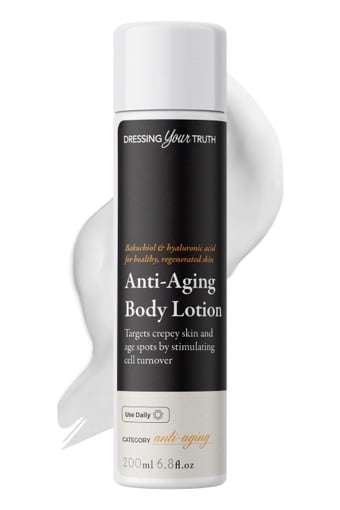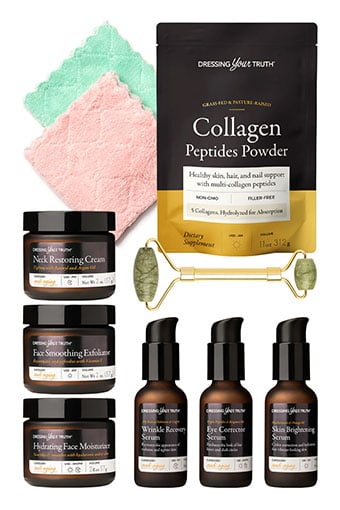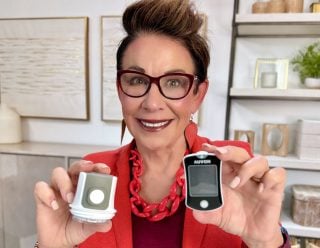Are you running on empty by mid-afternoon, constantly reaching for coffee or a quick snack to push through the day? If so, sugar might be the hidden culprit zapping your energy and draining your stamina.
Did you know that the average American now consumes about 17 teaspoons of added sugar daily—that’s over 57 pounds per year, compared to just 2 pounds per year 200 years ago? This dramatic increase is taking a toll on our health, leaving many people fatigued, out of balance, and at risk for chronic diseases.
Let’s explore how sugar steals your vitality, shortens your health span, and puts you on a fast track toward fatigue and chronic health issues.
The Scary Truth About Sugar Consumption
Sugar is everywhere—often hiding in foods you wouldn’t expect, thanks to the widespread use of high-fructose corn syrup in processed products since the 1970s. Your body wasn’t designed to handle the sheer volume of sugar we consume today, and the consequences are clear:
- Chronic Fatigue: Sugar spikes and crashes blood sugar levels, draining energy.
- Inflammation Overload: Sugar contributes to chronic inflammation, which damages cells and tissues over time.
- Increased Risk of Disease: Excessive sugar intake is directly linked to conditions like obesity, type 2 diabetes, and even cognitive decline.
If you’ve been feeling tired and sluggish, reducing your sugar intake may be the key to reclaiming your energy.
How Sugar Consumption is Shortening Your Life
When we talk about aging, there are two critical concepts to consider:
- Life Span: The total number of years you live.
- Health Span: The years of your life when you’re healthy, active, and free of chronic disease.
For most people, health span ends around age 65, and life span averages around 75 years. That means the last decade of life is often spent battling chronic conditions like diabetes, heart disease, or cognitive decline—many of which are linked to excessive sugar consumption.
Sugar accelerates this decline by:
- Contributing to Chronic Diseases: High sugar intake is directly linked to obesity, type 2 diabetes, and heart disease, all of which reduce health span.
- Fueling Inflammation: Chronic inflammation caused by sugar damages cells and tissues, leading to early signs of aging and a higher risk of degenerative diseases.
- Adding Cognitive Decline: Excessive sugar consumption affects brain health and is now being linked to dementia, which some experts refer to as “Type 3 diabetes.” This term highlights how the brain becomes insulin resistant over time, impairing its ability to process glucose—the primary fuel for brain function. Over time, this can lead to memory loss, confusion, and other cognitive impairments.
Sugar doesn’t just affect how you feel today—it’s a major player in how you age. From draining your energy to increasing your risk for chronic diseases, sugar accelerates the aging process both inside and out.
The more sugar you consume, the faster you move away from your health span and closer to chronic disease. By reducing sugar, you’re not just adding years to your life—you’re adding quality to those years.
The Benefits of Cutting Out Sugar
The longer you stay off sugar, the better your body thrives. Over time, you’ll notice:
- Steady Energy Levels: No more spikes and crashes—just consistent energy throughout the day.
- Improved Stamina: With your blood sugar balanced, your body has the fuel to sustain you through physical and mental activities.
- Clearer Thinking: A healthier gut means less brain fog and sharper focus.
- Better Gut Health: By starving the harmful bacteria that thrive on sugar, your microbiome begins to flourish, improving digestion and immune function.
- Cravings Fade: Once you’re off sugar, your taste buds reset, and you’ll find sugary foods overly sweet and less appealing.
This transformation is worth sticking to—your body will thank you for it every step of the way.
A 5-Step Plan to Break Free from Sugar
Reducing sugar doesn’t have to feel overwhelming. This 5-step roadmap will help you take control of sugar gradually and sustainably—no need to go cold turkey!
- Start Reading Labels: Sugar hides in everything from salad dressings to granola bars. Look for hidden sugars (e.g., high-fructose corn syrup, maltose) and aim to keep your intake under 25 grams a day.
- Replace Sugary Drinks: Swap soda and sweetened beverages for water, tea, or black coffee. If you need sweetness, try natural sweeteners like Lakanto or allulose.
- Focus on Whole Foods: Build meals around whole, unprocessed foods like vegetables, healthy proteins, and healthy fats. These keep you full and stabilize your blood sugar.
- Allow Transition Days: It’s okay to have days when you “fall off the wagon.” Use them as learning experiences to notice how sugar affects your mood and energy.
- Experiment with Alternatives: When cravings hit, have healthier snacks like nuts, fresh fruit, or dark chocolate (70% or higher). Over time, you’ll crave these more than sugary treats.
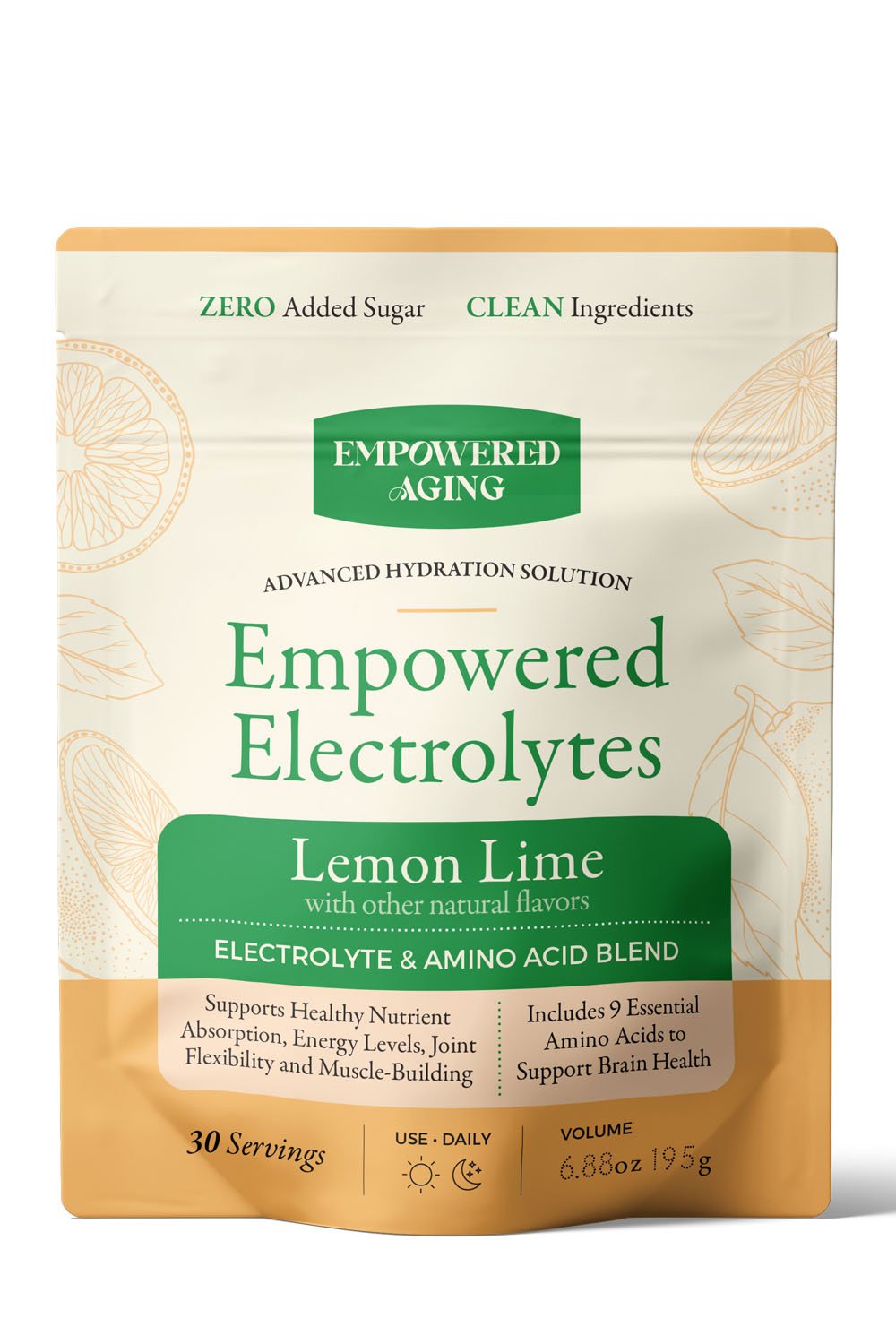
Empowered Electrolytes
Beat fatigue and brain fog. This sugar-free blend of sodium, potassium, and magnesium restores hydration and energy. Infused with 9 essential amino acids and natural sweeteners, this refreshing formula boosts nutrient absorption, supports brain health, and promotes muscle recovery without blood sugar spikes.
Start Today! Begin by replacing one sugary drink with water or Empowered Electrolytes. Small changes lead to big results!
Why Empowered Electrolytes?
Empowered Electrolytes are specifically designed to replenish your body without the added sugars found in most sports drinks, giving you a clean energy boost with 9 essential amino acids to support brain health.
My Experience
It took me about five months to fully give up sugar. I had binge days and setbacks, but those moments were valuable—they taught me how bad I felt after consuming so much sugar. Over time, I noticed how much better my body felt, and how much more energy I had, when I stayed sugar-free.
Now, I’ve been off sugar for about five years, and the difference is remarkable. Do I ever eat sugar? Yes, but it has to be worth it (like a really good almond croissant)! And when I do, I make sure it’s never on an empty stomach—it’s always paired with healthy protein and fats to minimize its effects.
This isn’t about giving up sugar forever, although I will say the longer you go without it, the less you want it! It’s about learning how to enjoy it occasionally in a way that supports your health. Rather than think of removing sugar from your diet as a loss, see it as a gain, a gain of health span and life span.

The Bottom Line
Sugar is more than just empty calories—it’s a major factor in fatigue, chronic inflammation, and accelerated aging. Reducing your sugar intake can improve your energy, extend your health span, and enhance your quality of life. Small changes, like swapping sugary drinks for healthier options and focusing on whole foods, can make a big impact over time. Take control of your sugar consumption today to reclaim your vitality and invest in a healthier, brighter future.
Weekly Challenge: #DitchTheSugar
This week, choose to give up liquid sugars! That means sugary drinks like soda, added sugar to coffee, and even fruit juices. Liquid sugars do the most damage to our health. Notice how your cravings, energy levels, and overall well-being respond throughout the week. Reflect on how you feel by day 7 and share your journey with us in our Empowered Aging Facebook group using the hashtag #DitchTheSugar.
Next week, we’ll explore brain-boosting foods and nutrients that support cognitive function and memory. Stay tuned for more insights!
Additional Resources:
- Learn about the Weight Loss Cure. The online course I designed to get to the root cause of your weight gain.
- Tackling Obesity: Strategies for Empowered Aging
- How to Stop Sugar Cravings Naturally in 3 Steps
Join a Community of Positive Aging Individuals!
Get exclusive content, weekly challenges, and support in our free Empowered Aging Facebook group.
Join Us Today






